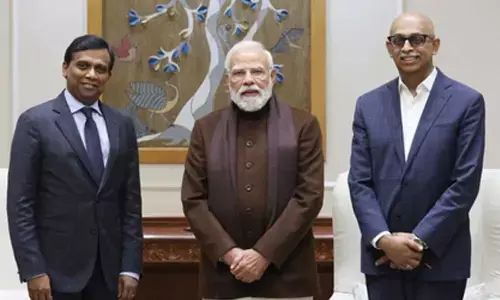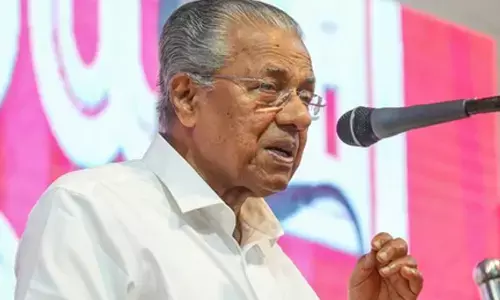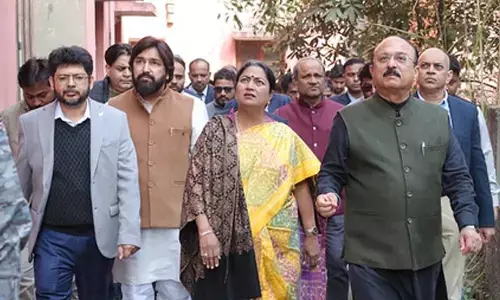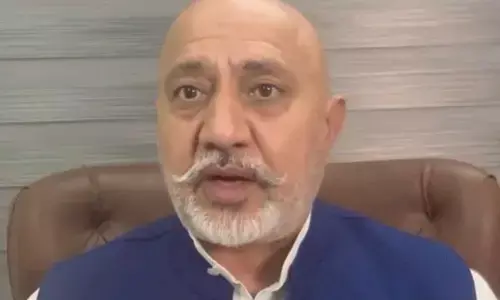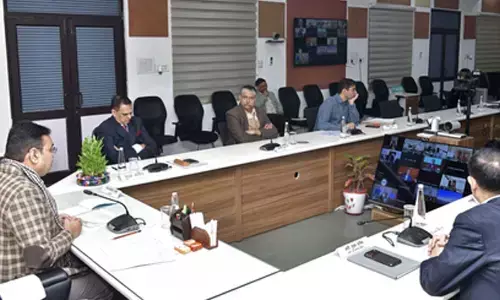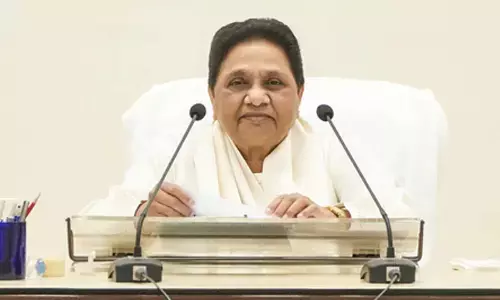Supreme Court on Shaheen Bagh: Public places, roads can't be occupied indefinitely by protesters
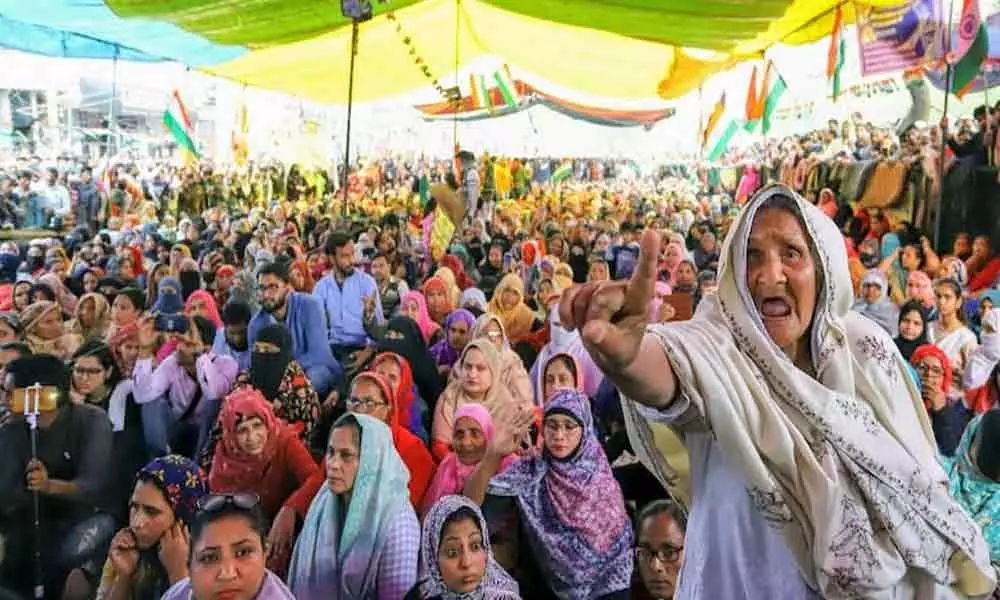
Shaheen Bagh anti-CAA protests
The Supreme Court on Wednesday in its verdict on the Shaheen Bagh anti-CAA protests observed that public places and roads cannot be occupied indefinitely by protesters, and authorities must ensure that such spaces are cleared.
New Delhi: The Supreme Court on Wednesday in its verdict on the Shaheen Bagh anti-CAA protests observed that public places and roads cannot be occupied indefinitely by protesters, and authorities must ensure that such spaces are cleared.
A bench headed by Justice Sanjay Kishan Kaul said no person or group of persons can block public places to demonstrate or express dissent and protest should be at designated places.
The top emphasised that the occupation of public places or roads by demonstrators, which leads to inconvenience to a large number of people and violate their rights, is not permissible under the law.
The bench added that the administration must keep public spaces free from all obstructions, and they should not wait for an order from the court.
The top court observed that right to peaceful protest is a constitutional right and this should be respected, but it "does not mean that the people protesting should adopt means and modes of protest, which were used against during the struggle for independence against the colonial rulers".
The top court order has come on pleas seeking removal of protesters from Shaheen Bagh area of the national capital that witnessed months of occupation of an arterial road, causing inconvenience to the commuters between Delhi and Noida.
Reserving the verdict, the Supreme Court on Monday had said that the right to protest needs to be balanced with the mobility of people on a public road, as a person has a right to move from one place to another and this right cannot be prejudiced by the blocking of public road to hold protest.
A bench comprising Justices Sanjay Kishan Kaul, Krishna Murari and Aniruddha Bose took up the matter in September after a gap of nearly seven months.








